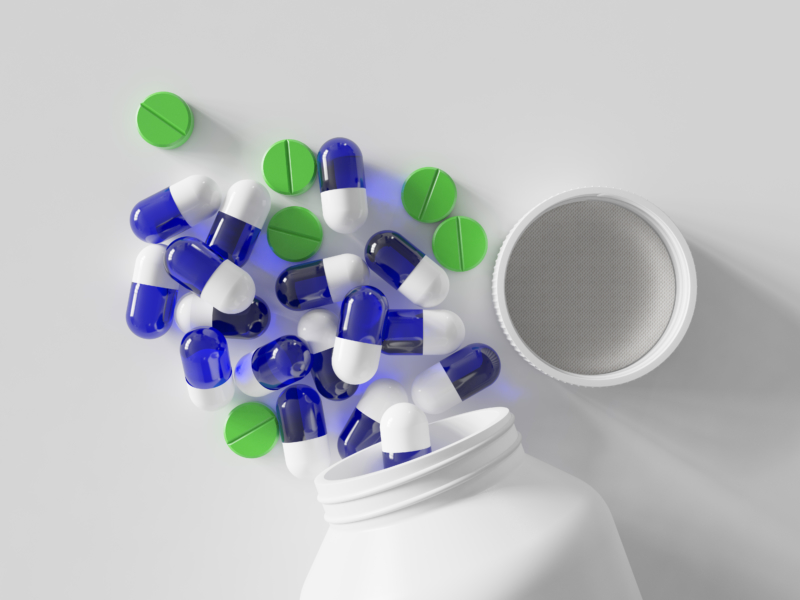Years ago many people thought that if someone abused drugs or alcohol they were immoral, social misfits, but these old stigmas of substance abuse do not hold up any longer. Substance abuse affects all ages, races, ethnicities, classes and cultures. Some people think that all an addict has to do is stop using, but they don’t realize that once a person begins to abuse a substance their brain is affected by the substance. The chemistry and sometimes the physical structure of the brain are affected, making it very difficult for a person to stop using alcohol or drugs. It is not just a simple problem of willpower but a much more complex issue has taken hold of the person who abuses drugs or alcohol. The good news is that treatments have been created to successfully help a person overcome their substance abuse problems.
Substance Abuse
People who abuse drugs will often feel the “high” euphoric effects of the drug because the drug binds to the receptors in the reward center of the brain, flooding it with the “feel good” chemical dopamine. The reward center of the brain allows a person to feel pleasure and stimulation such as when a person eats, has sex, etc. When the reward center of the brain is overstimulated by drugs or other substances it may create a desire in the person to keep repeating the behavior of using these substances to achieve the pleasurable state. Eventually the brain will adjust to the over abundant presence of dopamine and it begins to reduce the normal production of the chemical. The brain will also build up a tolerance to the dopamine by reducing its effect on the reward center cells. The person will not feel the same pleasurable high as when they first started using the substance, and they will need to take more of it to achieve the initial effects. Once a person begins taking larger amounts of the substance or increases the times that he takes the substance, the cycle of abuse begins. A tolerance to the substance may cause a person to abuse it, and this behavior is what leads to addiction.
Substance abuse will begin to affect the brain in many ways leading to:
- Memory impairment
- Behavioral changes
- An inability to make sound judgments and decisions
- Cognition and learning difficulties
- Create anxiety and stress
There are many reasons why a person can become addicted to drugs or alcohol. Environmental factors that cause stress, abuse, neglect, violence, poverty, dysfunctional family pressures and poor parental guidance may all lead to substance abuse. Youth that are exposed to drugs or alcohol and peer pressure may also lead to substance abuse. Teenagers are especially prone to substance abuse because their brains are still developing in areas that control decision making, judgment and self-control. Other factors that may cause substance abuse include genetic predisposition, cultural influence, gender and co-occurring mental disorders.
Substance abuse is preventable and many steps are being taken to raise awareness and prevention among the young. Efforts to promote prevention and reduction of drug and alcohol use are being conducted by government agencies, the medical community, schools, community centers, organizations and media outlets. By educating the young about the dangers of substance abuse, we will hopefully stop young people from ever wanting to abuse drugs and alcohol. Although substance abuse can be treated and managed, it is a much better course of action to prevent it in the first place. That is why we should all be involved in raising substance abuse awareness. Let Worcester Drug Treatment Centers be your recovery resource. Just give us a call today at (774) 221-6005.



Leave A Comment